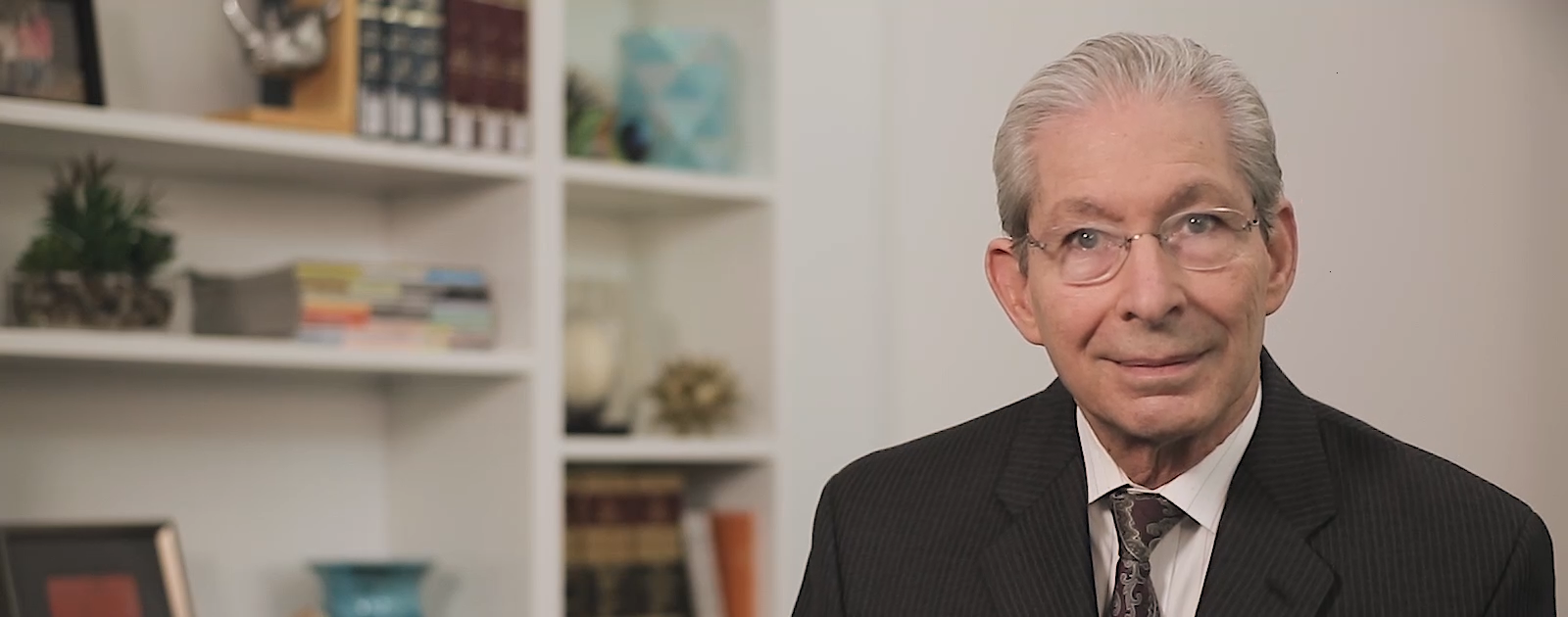2023 Florida Legislation On Real Estate Deeds
 The Florida Legislature passed numerous bills primarily affecting real estate in the 2023 session. Most notably may be SB 154, the so-called SB 4-D Glitch Bill that deals with inspections and reserves for condominiums. This legislation, whether you like it or not, was timely given the unchanged December 31, 2024 deadline for many of the provision of SB 4-D’s surviving provisions.
The Florida Legislature passed numerous bills primarily affecting real estate in the 2023 session. Most notably may be SB 154, the so-called SB 4-D Glitch Bill that deals with inspections and reserves for condominiums. This legislation, whether you like it or not, was timely given the unchanged December 31, 2024 deadline for many of the provision of SB 4-D’s surviving provisions.However, the Legislature enacted other legislation dealing with questionable perceived shortcomings of other existing real estate law and passed additional bills with fast-approaching deadlines, as if the State of Florida was on the verge of falling into an abyss without these necessary “fixes.”
The below discussion covers two of these new laws: SB 264 (“Interests of Foreign Countries”) and HB 1419 (“Real Property Fraud”).
SB 264 restricts or prevents foreign ownership of real estate by nationals of the following designated countries: China, Russia, Iran, Cuba, Syria and “the Venezuelan regime of Nicolas Maduro.” It is not clear whether “the Venezuelan regime of Nicolas Maduro” is actually referring to the country of Venezuela or solely to the regime of its leader. But here we are dealing only with enforcement. How would a seller know the country or origin of the buyer? And how would a title company insuring title for a buyer know his, her or its country of origin? The answer: The buyer must sign an affidavit in a form to be adopted by the Florida Real Estate Commission (“FREC”). SB 264 was signed by the Governor on May 8, 2023, but FREC has announced the required affidavit will not be ready before July 1, 2023, the effective date of the new law. Title companies are scrambling to produce their own form of affidavit, but whether it will be sufficient to satisfy the statutory requirement is not clear at this time and will not be clear on July 1, 2023. Why a sea change in Florida law had to take effect 55 days after enactment is not clear. Is the government of China threatening to acquire all of the State of Florida within the next several weeks?
What is clear is that this legislation, which would be more appropriate on a federal level, is currently under attack in federal court in the Northern District of Florida as a violation of various constitutional and federal policies.
The other bill, HB 1419, attempts to deal with a real issue: fraudulent deeds. The changes come from several different angles, two of which are significant and noted here. The first is that both witnesses on deeds must include their mailing addresses under their signatures. What this is desired to accomplish is far from clear in combating fraud, but, like a previous legislative requirement for the inclusion of social security numbers, disregards all privacy concerns that the witnesses may have. The effective date for HB 1419 is January 1, 2024 and this requirement has received little, if any, publicity in the general media. What are the consequences of failing to include the witnesses’ addresses? Is the conveyance ineffective?
HB 1419 also addresses a “fraud” issue that most practitioners in the conveyance field presumably did not know existed: the necessity for statutory form of quitclaim deed. There is already a statutory form of warranty deed whose purpose appears to be to make the deed form shorter by implying covenants from the statute. But the new quitclaim form’s purpose only appears to make the deeds impossible for a layman to understand. For example, instead of using the terms “seller” and “buyer” or “grantor” and “grantee” the form uses “the party of the first part” and “the party of the second part” respectively. Much of the other statutory language comes from the age of Robin Hood which relies heavily on so-called legalese instead of modern day English. Does this mean other non-statutory forms of quitclaim deeds will be invalid?
Clearly the Legislature did not seek or receive any input from those practicing in the field. At the very least, a delayed effective date would allow for glitch bills similar to SB 154 to address some or all of the anticipated problems. It will be interesting to see how these statutes play out in practice.
Related Practices
Related People
YOU MIGHT ALSO LIKE
Bilzin Sumberg ranked in the first tier of Florida law firms in bothReal EstateandZoning/Land Usein the 2005 edition of theChambers USAlisting.BankruptcyandTaxalso made the elite rankings. In addition, five individual attorneys ranked in the #1 tier:Scott L Baena, Bankruptcy;Brian L Bilzin, Real Est...
The Florida Real Estate Commission’s new form buyer’s affidavits are now available as part of rule 61J2-10.200, F.A.C., which goes into effect on January 17, 2024. The affidavits were established to help implement portions of SB 264—last year’s controversial law that restrict...
The Florida Department of Commerce has released its initial set of proposed Rules for implementing part of SB 264 (Chapter No. 2023-33, Laws of Florida). The proposed Rules only apply to Section 692.203, Florida Statutes, relating to the purchase of real property on or around military installations ...
